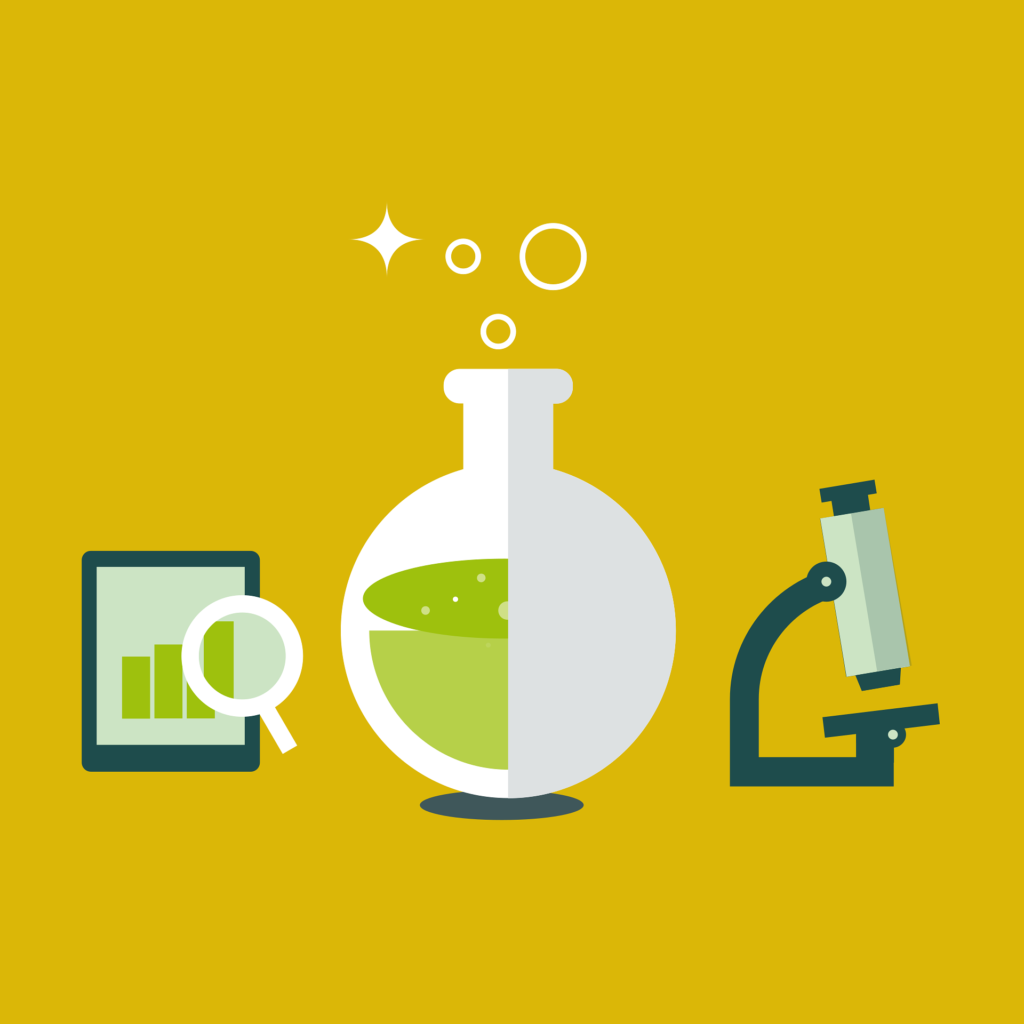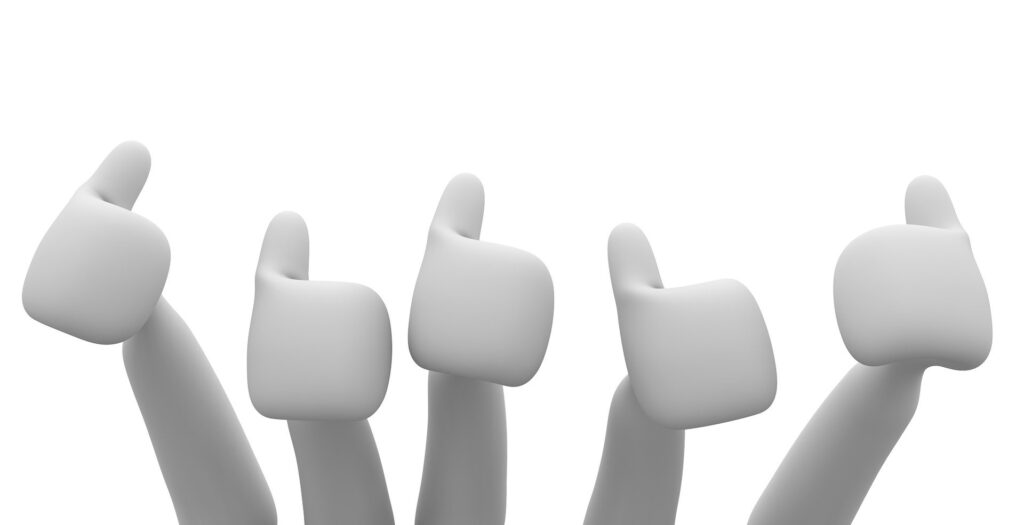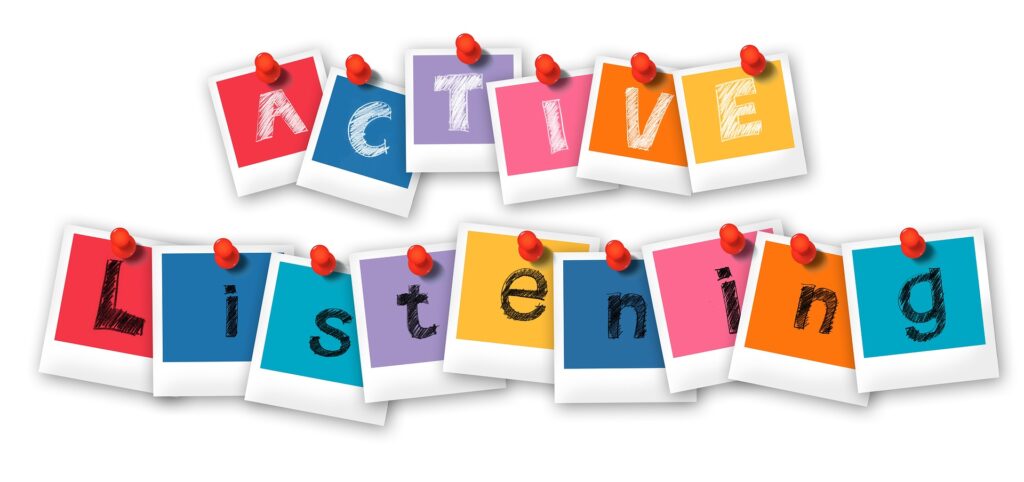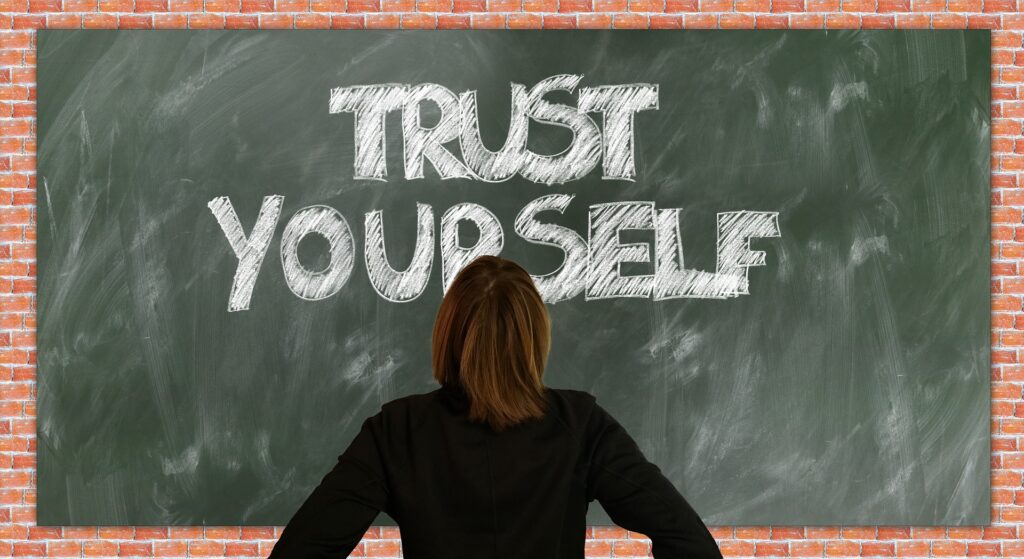How To Quickly Improve Yourself The Right Way Part 2
By Newt / August 21, 2024 / No Comments / Productivity
In this post, I discuss some less common ways to quickly improve yourself. Change will be evident from simply implementing these points into your routine. However, it is more important to understand why they are beneficial and how they can be utilized to assist you in developing yourself further.
You may find you are unsure how to apply some of the practices mentioned. But I will make it clear in the list of DO’s and DONT’s below exactly how you can execute them and why they are so important to ensuring consistent and stable development on your journey.
Although all of the topics mentioned are significant and should be considered. I am merely providing information that you can return to at any time. Do not expect to instantly apply all these things and get results. It takes time to build upon your existing skills and live your life intentionally.
Take a few of the most important to work on and start with those. Once you have successfully solidified these points. You can consider looking into the others and seeing if that area is somewhere you need to work on. You may already be doing some naturally and have no awareness of others.
All I hope for from this post is that something you read here brings you one step closer to achieving your goals and developing into the individual you want to become.
DO’s & DONT’s: The Right Ways To Quickly Improve Yourself Part 2
DO: Experiment with Different Learning Styles

When I was younger, I couldn’t revise at all and I didn’t know why. I struggled throughout my entire school life because I was told there were certain ways to revise and if that didn’t work for you then you just weren’t smart enough. It was only when I went to university that I truly flourished in the art of learning. Although, I think the issue is a combination of a lack of discipline and knowing what methods of learning work best for you.
At university, no-one forces you to do anything. Everything is on you.
If you don’t sit that exam. You fail.
If you don’t do the work required, then you don’t get the grade you want.
Plain and simple.
I think for some people that’s exactly what is needed to build that discipline and find out exactly what works for you. Moving back to the topic at hand. It is important to try as many different ways to learn things as possible so that you know the most efficient ways for you. Everyone reacts differently to different techniques so it is important to not limit yourself.
There are so many methods, from:
- Visual aids that are digitized, on card, or hand-drawn.
- Auditory materials such as audiobooks, recording yourself and playing it back, listening to podcasts whilst at the gym or even getting someone to read something to you aloud.
- Hands-on activities that require you to directly participate in something in the learning process.
It is vital to tailor your self-improvement activities to fit your preferred learning style for maximum effectiveness. We only have a limited amount of time so don’t waste it on methods that are ineffective for you. Just because someone told you this is the best method to do something doesn’t mean it is for you. That’s just what works for them. Take their opinion into account and try it, but don’t think that’s the only option out there, and if that does not work for you, that it’s the end. A technique might work for you that does not work for a single other person.
For example, I am a visual learner and learn best from videos, watching people do things then I copy them to consolidate the action or technique. For me, this has been the best approach and allows me to learn things quickly and efficiently in all aspects of life.
When I want to learn something new, especially the basics. I always go to YouTube and look for a video on the topic so that I can see someone doing what I want to be able to do. Then following this, I may dabble in articles and books regarding the topic. But the first approach to a new subject for me is always to watch a few videos on the topic which allows me to build a foundation and fundamental understanding in my mind of the topic.
DON’T: Let Fear of Failure Paralyze You

Failure is a very difficult thing to deal with for most people. It’s completely understandable. I think the mindset around failure has been misconstrued. Failure isn’t this big bad thing (How everyone makes it sound).
If you’ve never failed, you’ve never learned either.
It’s a very toxic thing to avoid failure. It stops you from achieving what you want and limits your decisions in life. It makes it so you will never expand your horizons and try something new out of fear of failure. There are plenty of people who live with this mindset and you can see the damage it inflicts. They have no dreams or desires to put themselves outside their comfort zone. They stay within their safe little bubble and remain there for life.
Failure should be looked at from an entirely different perspective. Failure is built deeply into the process of success. If you think anyone who achieved anything remotely successful did so without experiencing many failures along the way. Then you are not seeing the full picture. You are seeing the world through a false lens.
If you did the research, you would see time and time again the amount of work and discipline these successful people put in to achieve their goals and dreams. They didn’t stop after 1 failure, heck they didn’t stop after 1000. They continued on their journey with the result in mind, moving forward it step by step and adjusting accordingly to the obstructions in their way.
Look at past failures:
- As verification of your process.
- As validation of your hard work.
- As checkpoints to your success.
- As your way to know what to do better next time.
- As you are one step closer to your goal.
Once you see failure in this way. You will welcome it with open arms. Take a moment to think about your failures and what you have learned from them. You are already actively changing according to your past failures. The only thing lagging behind is your mindset that you become paralyzed by the fear of those bigger obstacles in your way.
DO: Leverage Technology for Personal Growth

Technology is key in your road to self-improvement. The amount of tools and free content out there now means you don’t even have to pay a penny to get started.
There are:
- Apps to cater exactly to your learning experience.
- Want to learn a language: Duolingo
- Want free courses for general subjects: Khan Academy
- A Wealth of Free Knowledge on YouTube.
- Online Courses for anything you can think of.
- Digital tools designed to enhance productivity, organization and learning.
DON’T: Surround Yourself with Yes-People

It is important to avoid environments with people who only agree with what you say and don’t challenge your ideas. This makes it very difficult to improve in many aspects. No one is perfect, so if people aren’t being honest with you, then bring them on board. Make them understand that you want to improve and that their current attitude towards you isn’t helping to foster growth within. Encourage honesty and constructive criticism so that you can develop further.
Or instead seek out diverse perspectives and constructive criticism from those who will give it to you. It is fine for not everyone to be this way and you can have a select handful of people who will give it to you straight. Without this, you will be going around in circles guessing what needs work.
DO: Develop a Personal Mission Statement

Craft a clear and concise mission statement that reflects your core values and long-term vision, guiding your daily actions and decisions.
It is important to take some time to craft a clear and concise mission statement. You want it to reflect your core values and long-term vision for your life. This will guide your daily actions and decisions. It provides you with purpose and also enables you to act in a way consistent with your ideals and beliefs. If you don’t do this then life simply goes by. You’ll look back in 10 years and wonder where all the time has gone. It’s much more difficult to stay true to your goals without actively declaring them and bringing life to them from your subconscious.
DON’T: Overlook the Importance of Soft Skills

Getting caught up in developing technical skills, especially in our fast-paced, tech-driven world. However, ignoring the importance of soft skills can limit your growth in both personal and professional arenas. Emotional intelligence, communication, and interpersonal skills are critical in interacting with others, handling conflict, and navigating complex social dynamics.
Whether you’re leading a team, working with clients, or simply building relationships, these soft skills are the foundation of success. They empower you to connect more deeply with others, resolve problems with greater empathy, and ultimately create a more collaborative and positive environment.
Focusing exclusively on hard skills can make you technically proficient, but without the correlating soft skills, you may struggle to apply them in real-world scenarios. The ability to communicate clearly, manage emotions, and work well with diverse groups of people is essential for achieving long-term success. By developing these skills alongside your technical expertise, you create a well-rounded approach to self-improvement that fosters personal growth and builds stronger, more meaningful relationships in every aspect of your life.
DO: Schedule Regular Digital Detoxes

In a world constantly buzzing with notifications, emails, and social media updates, you should take intentional breaks from technology. Scheduling regular digital detoxes allows you to recharge your mind and reflect on your well-being without the constant noise of the digital world.
Disconnecting from screens can significantly boost your mental clarity, reduce stress, and allow you to fully engage with the people and environment around you. These periods of unplugging give you the space to reconnect with yourself, focus on your priorities, and improve your overall mental and emotional health.
Digital detoxes aren’t just about turning off your devices; they are an opportunity to cultivate deeper, more meaningful connections with others. When you’re fully present in face-to-face interactions, you foster more authentic relationships, free from the distractions of texts and notifications. Whether it’s spending time with loved ones, engaging in a hobby, or simply taking a walk. These breaks from technology help you re-center and prioritize what truly matters, leading to a healthier and more balanced life.
DON’T: Ignore the Power of Micro-Changes

It’s tempting to think that major transformations require dramatic adjustments but the small, incremental changes in our daily habits lead to the most sustainable and lasting improvements.
Don’t overlook the power of micro-changes—tiny, consistent adjustments to your routine can compound over time, leading to significant shifts in your behavior and mindset. Whether committing to five minutes of meditation each morning or gradually improving your diet, these small efforts can create momentum and build up to a bigger improvement overall.
The beauty of micro changes is that they are manageable and sustainable, making it easier to stick with them long-term. These small steps prevent burnout and boost your confidence as you see gradual progress. By embracing micro changes, you set the stage for continuous improvements without overwhelming yourself.
DO: Practice Active Listening

Active listening is often overlooked but is a powerful tool for improving relationships, learning, and personal growth. When you fully engage in conversations, focus on what the other person is saying, and ask thoughtful questions, you create a space of mutual respect and understanding.
Active listening involves more than just hearing words—it implies paying attention to body language, tone, and emotion, and reflecting on the speaker’s perspective. Doing so enhances your ability to empathize and connect deeply, making your conversations more meaningful and effective.
Active listening also fosters better learning and collaboration. In both personal and professional settings, by truly listening, you gain more insights and build stronger connections. This skill helps you absorb information more effectively and demonstrates that you value and respect the contributions of those around you.
Practicing active listening can transform your relationships and enrich your life, making you a more thoughtful, attentive, and empathetic communicator.
DON’T: Rely Solely on External Motivation

Relying too heavily on external motivation—such as praise, rewards, or pressure from others—can be unsustainable and fleeting.
To ensure long-term success in your self-improvement journey, it’s essential to cultivate intrinsic motivation by aligning your goals and activities with your personal values and passions. When your efforts are driven by an internal desire to grow and improve, rather than external validation, you will likely stay committed and engaged even when challenges arise.
Intrinsic motivation fosters a deeper connection to your goals, making self-improvement more fulfilling and authentic.
Pursuing something that truly matters to you makes it easier to maintain momentum and enthusiasm. By finding and nurturing this internal drive, you build a sense of purpose and resilience that can carry you through setbacks. This ensures that your self-improvement journey is both sustainable and deeply rewarding.
